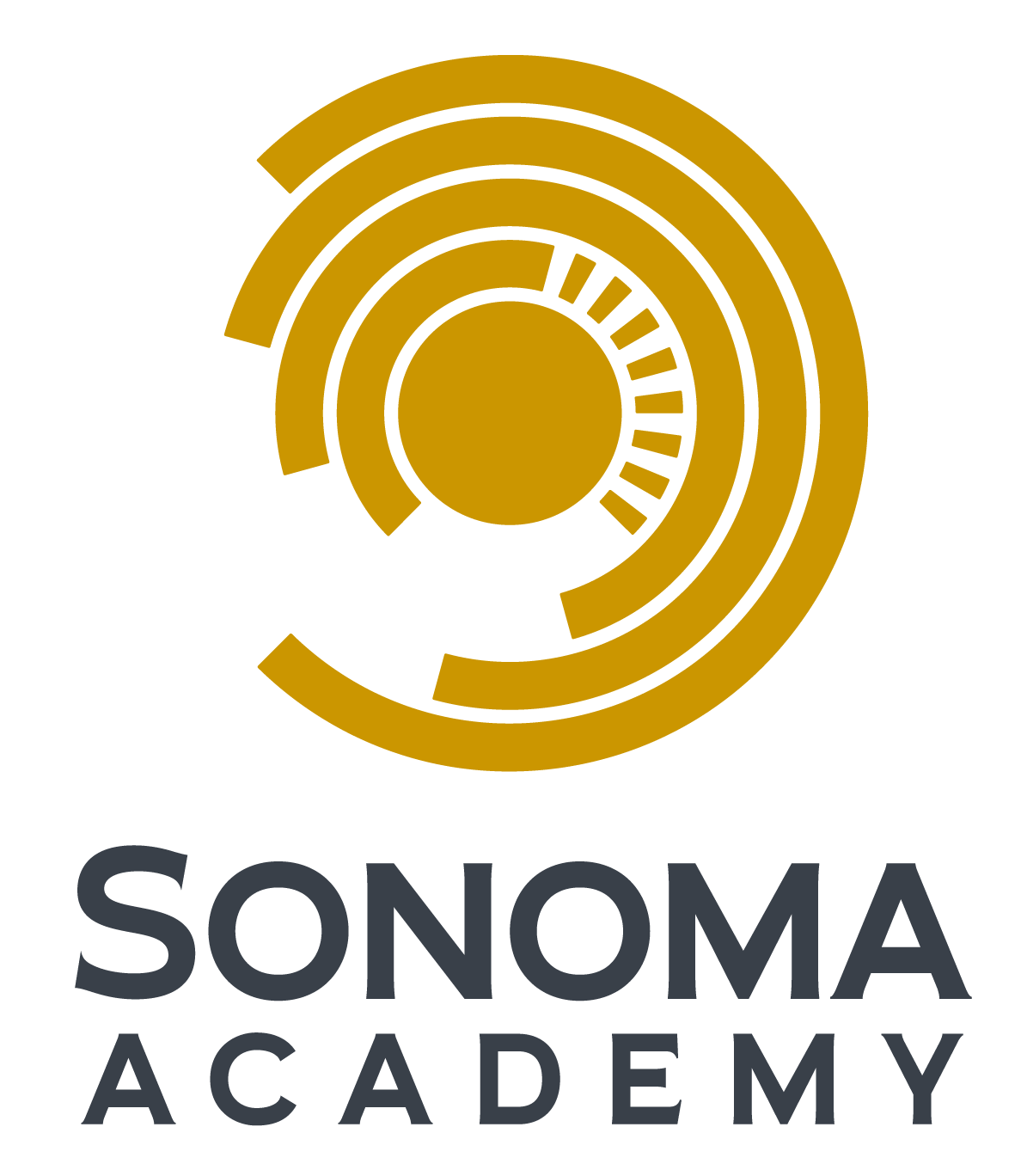The Power of place [videorecording] : world regional geography / produced by Cambridge Studios in collaboration with ABC-TV, Open Learning, Australia. ... [et al.].
Material type: FilmSeries: Annenberg/CPB collectionPublication details: [S. Burlington, VT] : Annenberg/CPB Project, c1996.Description: 13 videocassettes (ca. 60 min. ea.) : sd., col. with b&w sequences ; 1/2 inOther title:
FilmSeries: Annenberg/CPB collectionPublication details: [S. Burlington, VT] : Annenberg/CPB Project, c1996.Description: 13 videocassettes (ca. 60 min. ea.) : sd., col. with b&w sequences ; 1/2 inOther title: - Power of place, world regional geography
- World regional geography
- Series advisors; H.J. de Blij and Peter O. Muller ; producers, directors, Lance Wisniewski, et al... ; narrator, Deborah Dorsey ; music, Tom Phillips ; other credits vary with each program.
| Item type | Current library | Call number | Status | Date due | Barcode | Item holds | |
|---|---|---|---|---|---|---|---|
 Book
Book
|
Sonoma Academy Library | 304.2 DEB (Browse shelf(Opens below)) | Available | 500952 | |||
 Book
Book
|
Sonoma Academy Library | 304.2 DEB (Browse shelf(Opens below)) | Available | 500953 |
Browsing Sonoma Academy Library shelves Close shelf browser (Hides shelf browser)
| No cover image available |

|

|
No cover image available | No cover image available |

|

|
||
| 304.1 SCH WOMAN AND LABOUR | 304.2 BLI The Power of place : | 304.2 CRO ECOLOGY FOR BEGINNERS | 304.2 DEB The Power of place | 304.2 DEB The Power of place | 304.2 DEB The power of place : | 304.2 DIA COLLAPSE: HOW SOCIETIES CHOOSE TO FAIL OR SUCCEED |
Documentary.
A series of 26 programs, arranged in 12 units on 13 cassettes.
Closed-captioned for the hearing impaired.
[Cass. 1] Unit 1. Introduction: prog. 1. Earthy visions. prog. 2. Boundaries and borderlands -- [cass. 2] Unit 2. Europe; Confronting new challenges: prog. 3. Supranationalism and devolution. prog. 4. East looks West -- [cass. 3] prog. 5. The transforming industrial coreland. prog. 6. Challenges on the periphery -- [cass. 4] Unit 3. Russia: Russia's fracturing federation. prog. 7. Facing ethnic and environmental diversity. prog. 8. Central and remote economic development -- [cass. 5] Unit 4. North America; the post-industrial transformation: prog. 9. Inner vs 'edge' cities. prog. 10. Ethnic fragmentation in Canada -- [cass. 6] prog. 11. Regions and economies. Unit 5. The geographic dynamic of the Pacific Rim: prog. 12. The Japanese paradox: small farms and mega-cities -- [cass. 7] prog. 13. Global interaction. Unit 6. Middle America: collision of cultures: prog. 14. Migration and conquest -- [cass. 8] Unit 7. South America; continent of contrasts: prog. 15. Andes and Amazon. prog. 16. Accelerating growth -- [cass. 9] Unit 8. North Africa/Southwest Asia; the challenge of Islam: prog. 17. Sacred space under siege? prog. 18. Population, food supply, and energy development -- [cass. 10] Unit 9. Sub-Saharan Afica; realms of reversals: prog 19. The legacy of colonization. prog. 20. Understanding sickness, overcoming prejudice -- [cass. 11] Unit 10. South Asia; aspiring India: prog. 21. Urban and rural contrasts. Unit 11. China and its sphere: prog. 22. Life in China's frontier cities -- [cass. 12] prog. 23. China's metropolitan heartland.
prog. 24. The booming maritime edge -- [cass. 13] Unit 12. Southeast Asia; between the giants: prog. 25. Mainland Southeast Asia. prog. 26. Maritime Southeast Asia.
Series advisors; H.J. de Blij and Peter O. Muller ; producers, directors, Lance Wisniewski, et al... ; narrator, Deborah Dorsey ; music, Tom Phillips ; other credits vary with each program.
A PBS television course and video resource that examines the dynamic geographic forces currently shaping our world. The programs are organized around the text written by H. J. de Blij and Peter O. Muller, Geography: realms, regions and concepts. The study of world regional geography has two objectives. First, it explains the modern world's great geographic realms and their assets and liabilities, links and barriers, potentials and prospects. Second, it introduces geography itself, the discipline that links human societies and natural environments. The telecourse builds an understanding of geography by examining the eleven regions of the world and their interconnections.
VHS.
There are no comments on this title.
